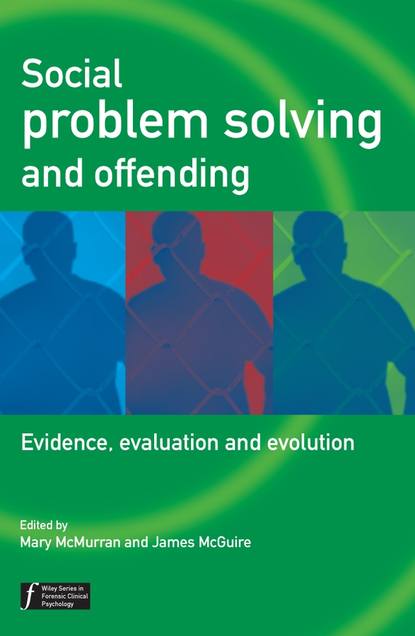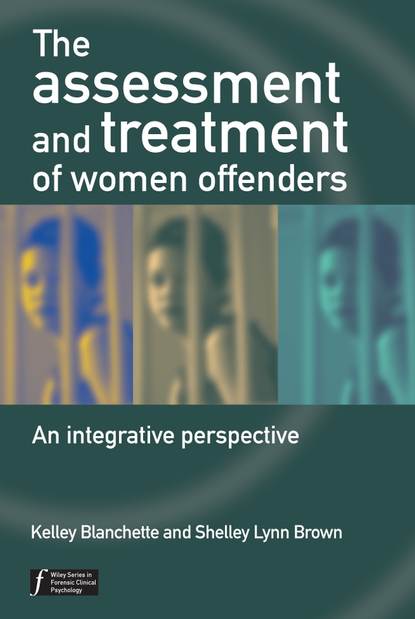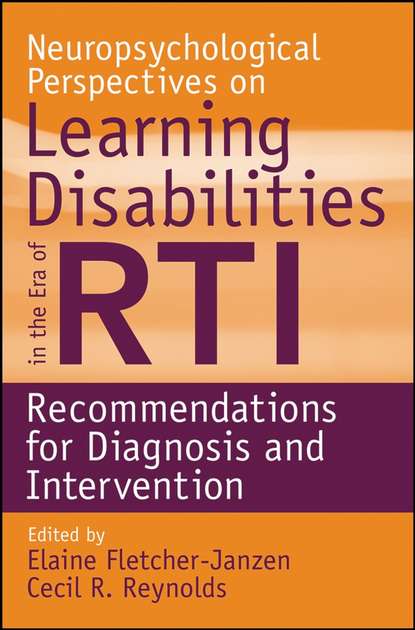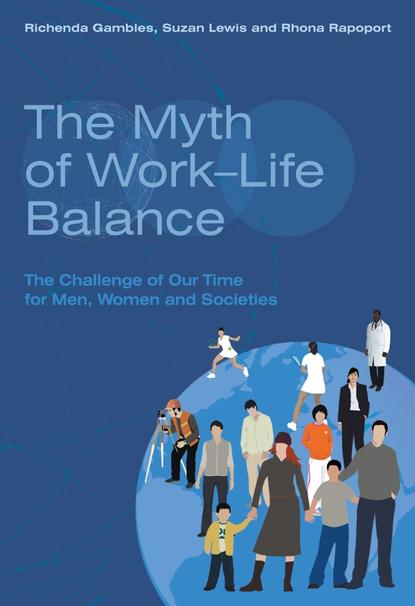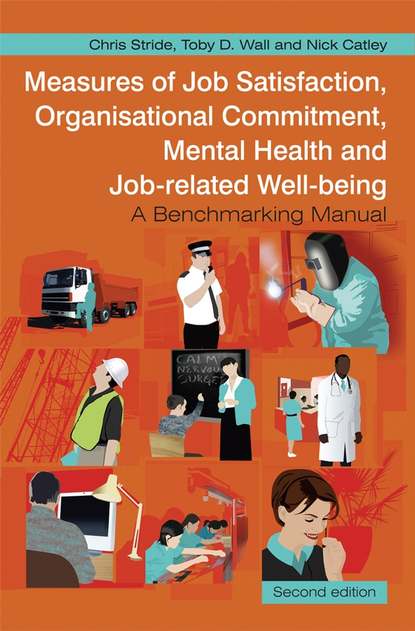Kenneth R. Pugh - Global Approaches to Early Learning Research and Practice
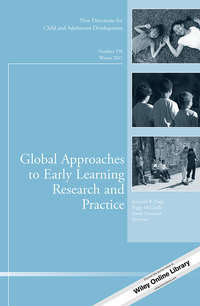
The health, development, and learning of many young children living in disadvantage areas are at serious risk. Access to education has improved under the United Nations Millennium Development Goals, and there are now programs in low- and middle-income countries that are aimed at improving instruction and learning. The research and evaluation on the effectiveness of such programs show there are significant challenges, but also some successes. This issue features presentations of leading international scientists, representatives from key governmental and non-governmental organizations, and others working with programs in the developing world and disadvantaged populations. The presentations describe the goals, existing challenges, and potential approaches to providing evidence-based programs to young children in rural, remote, and poverty stricken areas. Topics covered include: the state of early childhood in low and middle income nations, programs that have shown some success, and innovative research approaches that have been often considered unfeasible in these contexts. This is the 158th volume in this Jossey-Bass series New Directions for Child and Adolescent Development. Its mission is to provide scientific and scholarly presentations on cutting edge issues and concepts in this subject area. Each volume focuses on a specific new direction or research topic and is edited by experts from that field.

